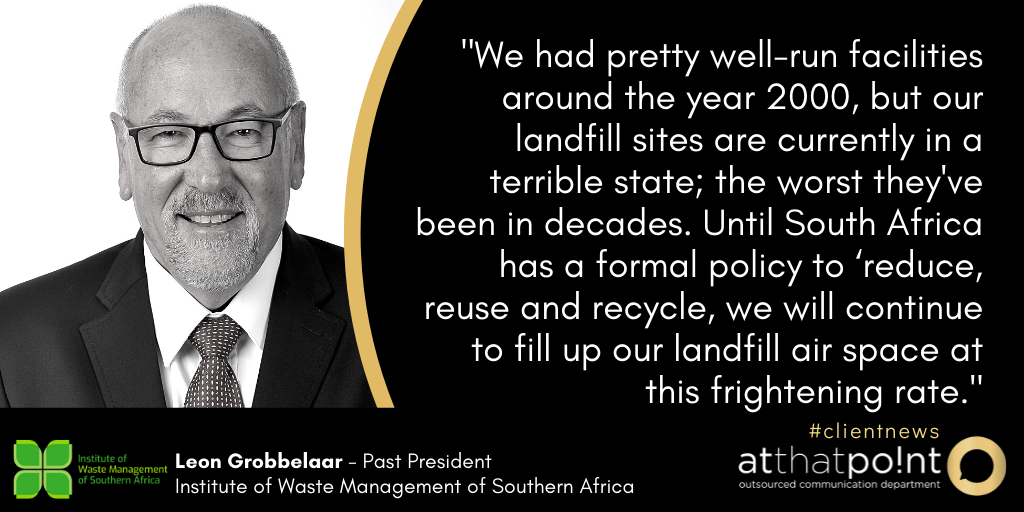 More laws and regulations are not going to solve the many problems business—and the country—face. Only changed behaviour will do that. Authored by Parmi Natesan, CEO, Institute of Directors in South Africa (IoDSA) Reading through the proposed amendments to the Companies Act again, it struck me that they are symptomatic of a general South African problem: too much regulation, too few results. No doubt some of these amendments are necessary, but will they actually address the big issues that concern us all? It’s doubtful. We already have a huge legal superstructure, and yet corruption, corporate wrongdoing and all sorts of other shenanigans continue to dominate the headlines. Rules are obviously important. But no matter how well drafted or necessary, they will not be effective if they are out of sync with the surrounding culture, and if they are not implemented by people with the right skills and attitude, with visible consequences for transgressions. In addition, if there are too many onerous laws and regulations then businesses (and citizens, in the end) begin to find them burdensome and turn either to mindless compliance or outright circumvention. One example that will prove my point is the proposal to mandate the disclosure of pay gaps between the highest and lowest earners. The intent—addressing the social inequality prevalent in the country—is certainly necessary, but this is a complex issue not solvable simply by a set of rules. One might argue that if the wage gap is the outcome of a faulty economic system, then fixing it requires the fundamentals to be addressed—simply disclosing the wage gap in isolation is futile. Disclosure needs to be complemented by policy change and a mechanism for monitoring how the gap has changed over time. We also need to agree that a wage gap will always exist, but what the parameters of an acceptable wage gap look like. As it now stands, the current proposals risk a slew of unintended consequences. One is the real possibility that they would simply speed up the brain drain as top executives move to jurisdictions where earning high rewards is less complicated or threatened. The proposals could also prompt companies to restrict the hiring of junior employees and outsource lower paid employees in order to improve the gap between highest and lowest paid. Some companies could even relocate to avoid rules that are perceived to make doing business more difficult. Losing companies and executives, not to mention jobs and taxpayers, would surely be an unintended—and highly negative—consequence. One final point that needs to be made. With the latest official unemployment figures standing at 34.9%, focusing on the wage gap seems a little unbalanced given that a third of our people are without any job at all. Changing hearts and minds The phenomenon of overregulation is widely recognised as something that needs to be solved. President Ramaphosa has set a target for South Africa to better its ranking in the World Bank’s Ease of Doing Business Index, from 82 to 50. Part of the solution is surely to cure our addiction to solving problems by making new laws, and rather find ways to change how organisations and the people within them think and behave. Corporate governance codes provide a useful example of an alternate approach. Having started off with a somewhat compliance-based approach, the King Reports on Corporate Governance have mutated into something quite different: King IV has moved decisively from being a set of “rules” that ought to be complied with (often while circumventing the spirit of the rule) to a set of outcomes that are aspirational. In parallel, the emphasis has shifted to requiring an explanation of which recommended practices have been applied in order to achieve each principle, and away from the simple implementation of static requirements. Substance over form, in other words. King IV thus ultimately aims to change the culture of the organisation, and how it does business. We are not there yet, of course, but if stakeholders and the overall social context demand it, it will happen. A prerequisite will be that corporate and government leaders begin to embody a culture based on ethical and effective leadership that in the end supersedes the “rules”. The importance of the outcomes-based approach embodied in King IV can hardly be overstated. One of its main advantages is that it is non-prescriptive and flexible, allowing organisations latitude in how they go about applying the code’s principles so long as they explain what their thinking was and what progress they have made. Unfortunately, since its launch, we have not seen disclosure with the depth intended by the Report. To conclude, I want to emphasise that a solid body of good laws remains an essential foundation for a vibrant economy and a just society, but it cannot succeed unless the surrounding culture also changes. Instead of putting more laws on the statute books, government should be focused on making it easier to do business and supporting efforts to change the culture that pervades business, and the nation at large. Absent that, we will not address the real issues—inequality, financial inclusion, environmental stewardship and so on—while risking a further contraction of the economy with everything that would entail. ENDS MEDIA CONTACT: Idéle Prinsloo, 082 573 9219, [email protected], www.atthatpoint.co.za For more information on the IoDSA please visit: Website: www.iodsa.co.za Twitter: @The_IoDSA LinkedIn: Institute of Directors in Southern Africa Company Page
0 Comments
|
Archives
July 2024
Categories
All
|

 RSS Feed
RSS Feed